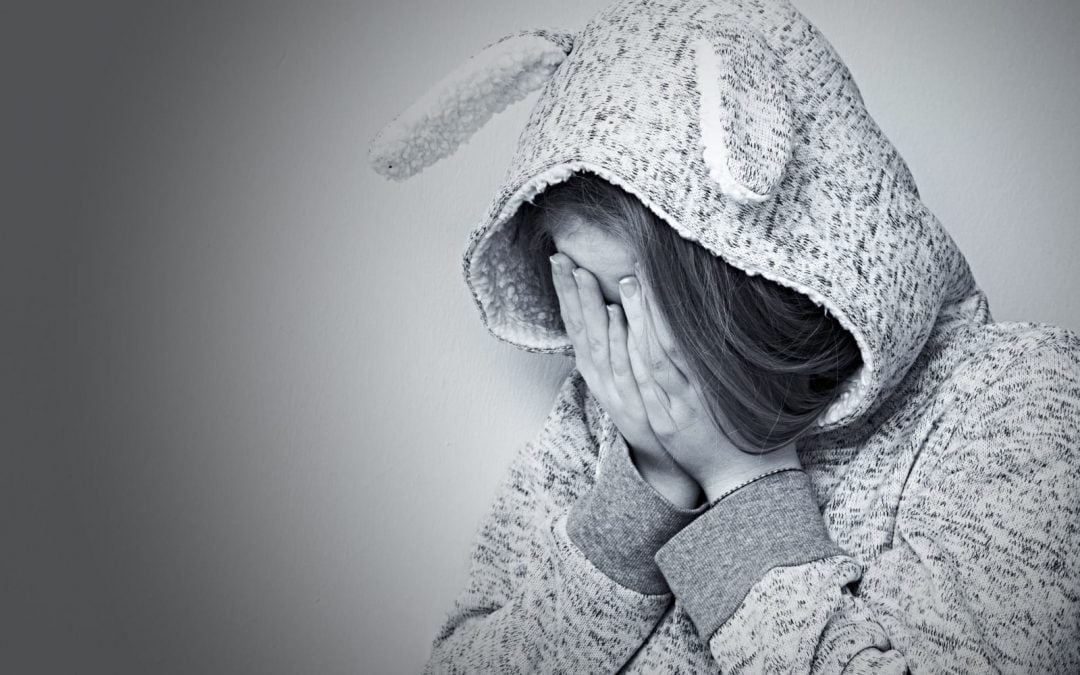I stood at a sidewalk press conference 12 years ago in front of the Southern Baptist Convention’s Nashville headquarters, publicly urging that the nation’s largest Protestant denomination should take action for the protection of church kids against clergy sex abuse.
Together with other members of SNAP, the Survivors Network of those Abused by Priests, I hand-delivered a letter to top SBC officials asking for the creation of an independent review board empowered to receive and assess clergy abuse reports, to keep records on those reports and to inform congregations about credibly accused clergy.
In response, SBC official Augie Boto wrote a brush-off letter saying that “continued discourse between us will not be positive or fruitful.”
And so it was that activist efforts to prod denominational action against clergy sex abuse began.
Of course, long before initiating public efforts, many of us had made private efforts to communicate with church and denominational officials.
I had informed 18 Baptist officials in four states about the minister who sexually abused me when I was a kid, but everyone turned a deaf ear, allowing the man to continue in ministry.
The hard truth of that reality – that so many could know and do nothing – informed my view that Baptists have a serious safety gap.
In those early days, EthicsDaily.com was at the forefront in covering the stories of sexual abuse and cover-ups among Baptists.
Its headlines helped garner the attention of mainstream media, and eventually, pastor Wade Burleson made a motion for an SBC study on creating a clergy sex abuse database – a study that died in a seemingly predisposed committee without even an allocated budget.
The “reason” officials gave for rejecting such a common-sense safeguard as denominational record-keeping was Baptists’ belief in “local church autonomy.”
It’s a reason that perverts faith itself into a complicit partner for institutional cover-ups.
EthicsDaily.com founder, the late Robert Parham, wrote what remains one of the most cogent articulations of why, morally and theologically, “local church autonomy” cannot rightly function as an excuse for denominational inaction in the face of clergy sex abuse.
Now, here we are more than a decade later, and institutionally, little has changed. What has changed is that many more survivors, advocates and bloggers are now finding their voices. Hallelujah!
Current SBC president J.D. Greear has announced that he will form a sexual abuse study group and said “bold steps” are needed.
But so far this is just talk. Survivors await action, and after Baptist officials’ last so-called “study” on this, many are skeptical.
The SBC’s own consultants state that background checks are inadequate because less than 3 percent of sexual predators encounter the criminal justice system.
Therefore, absent effective institutional safeguards, most child sex predators will move on with impunity. And so, among Baptists, they do.
Experts say evangelicals are likely worse than Catholics in responding to abuse, and the number of children being abused is likely greater.
Two recent cases illustrate the common patterns. After a couple women had made “15 years’ worth of attempts” to communicate with the church of a pastor they alleged had sexually abused them as teens, a friend emailed the SBC “asking how to turn in a pedophile.”
She “never got a response.” So, she wrote to the SBC’s Ethics and Religious Liberty Commission, which, citing local church autonomy, responded that “engaging in this matter is not within the scope of our role, authority or ability.”
I urge you to ponder the child-endangering reality of that do-nothing response.
In the second case, the SBC’s International Mission Board (IMB) concluded that a minister had “more likely than not” had an “inappropriate sexual relationship” with a minor – what most people would term sexual assault of a child.
Yet, just two months later, that minister went to work in another Baptist church and eventually moved to a leadership position in a denominational office.
For 11 years Baptist officials knew, but they “never shared” the information, claiming they were “afraid of legal liabilities.”
A denominational attorney explained his longstanding advice about giving only neutral job references.
So, while SBC officials preach to local churches that they should be “forthcoming” in disclosing concerns about ministers, the SBC’s own IMB chose to protect itself rather than be forthcoming.
That’s the on-the-ground reality of what happens in churches as well, and it’s why a denominational resource for information sharing is so sorely needed.
The quest for transparency and accountability is evolving from private efforts to public inquiries, and Australia’s Royal Commission on Institutional Responses to Child Sexual Abuse is considered the “gold standard.”
Last December, after a five-year inquiry, the Royal Commission issued a report with recommendations for making religious institutions safer for children, including improved record-keeping and information-sharing.
Specifically, Recommendation 16.58 urges that all religious organizations “consider establishing national registers … to help affiliated institutions identify and respond to any risks to children that may be posed by people in religious or pastoral ministry.”
The requests we made of the SBC 12 years ago are consistent with the Royal Commission’s recommendations and are still much-needed.
The question for Baptists is whether they will take action now or wait until the day when the U.S. conducts an inquiry similar to Australia’s.
The world is watching.
A retired appellate attorney, she is the author of This Little Light: Beyond a Baptist Preacher Predator and his Gang.


